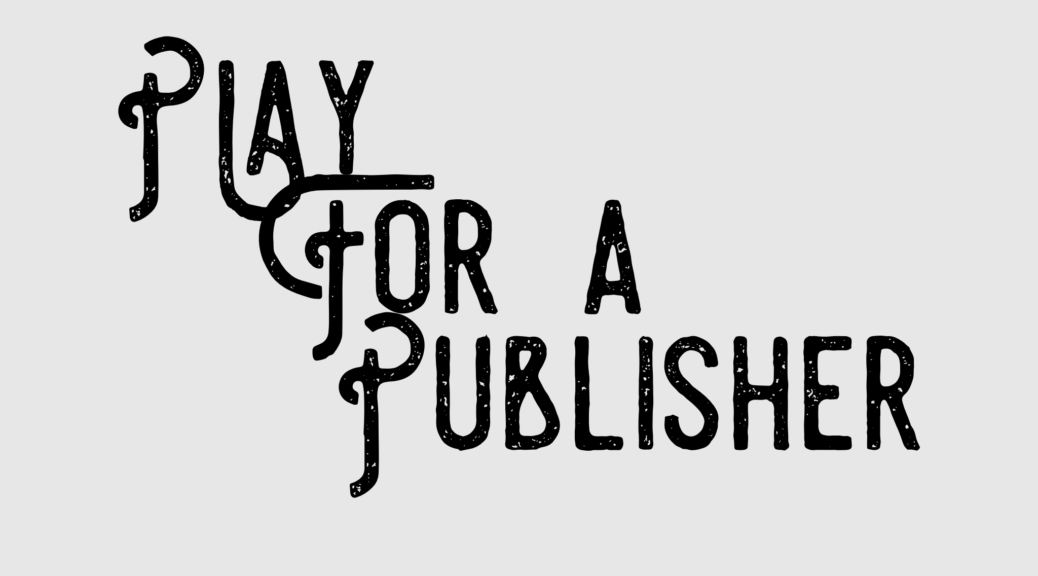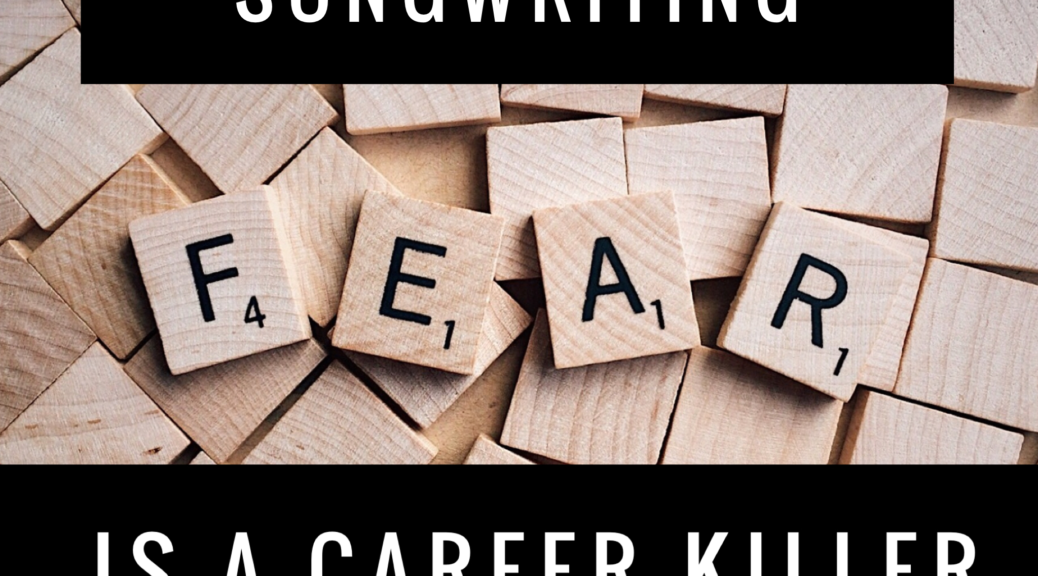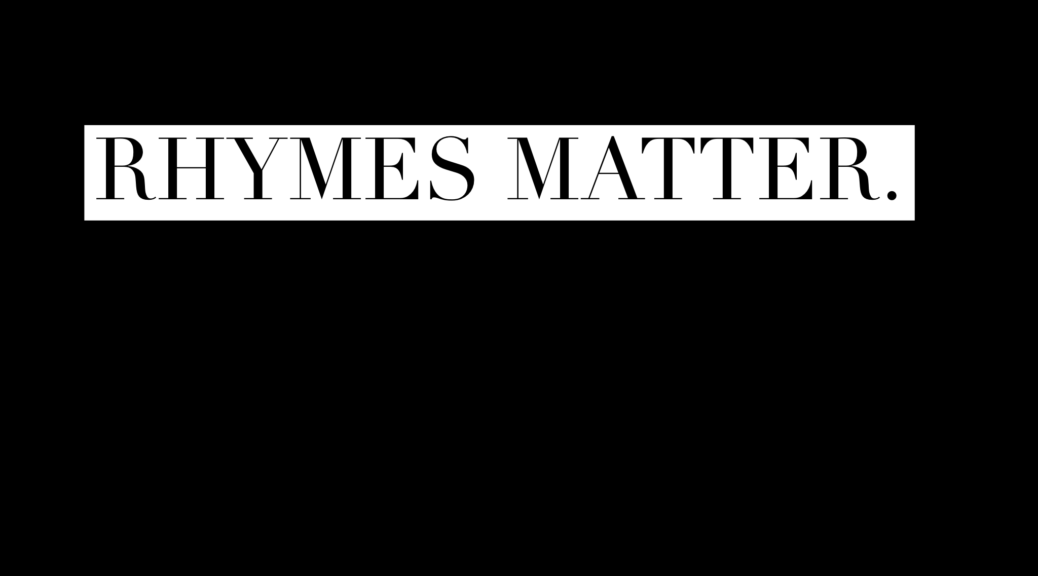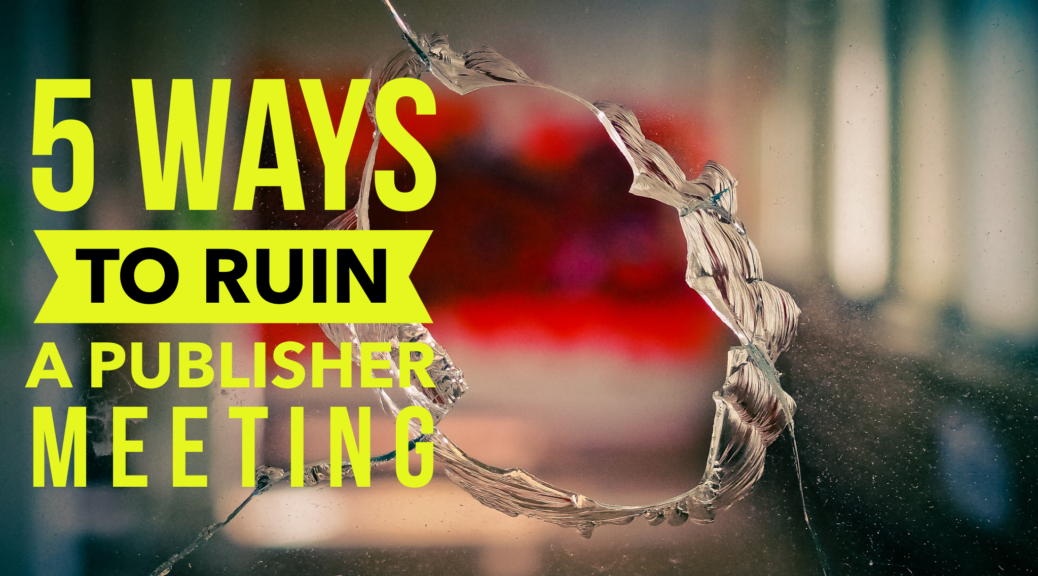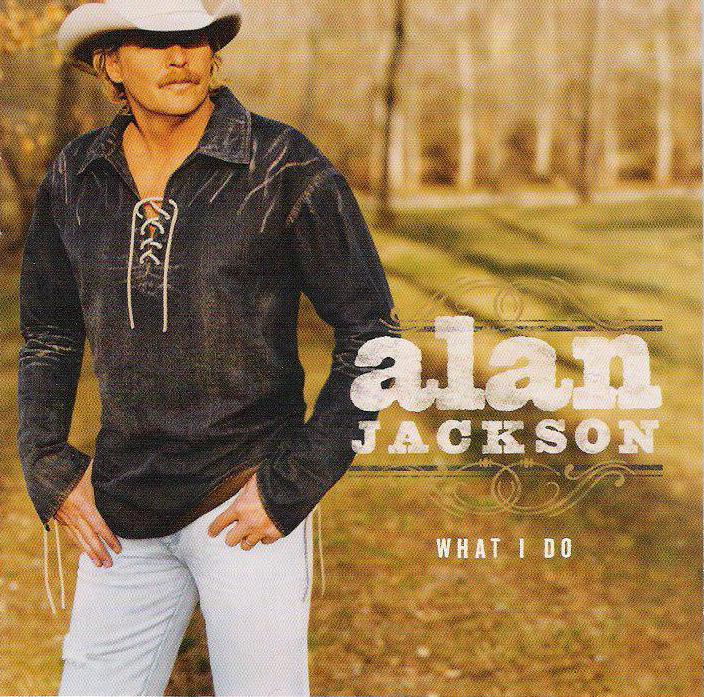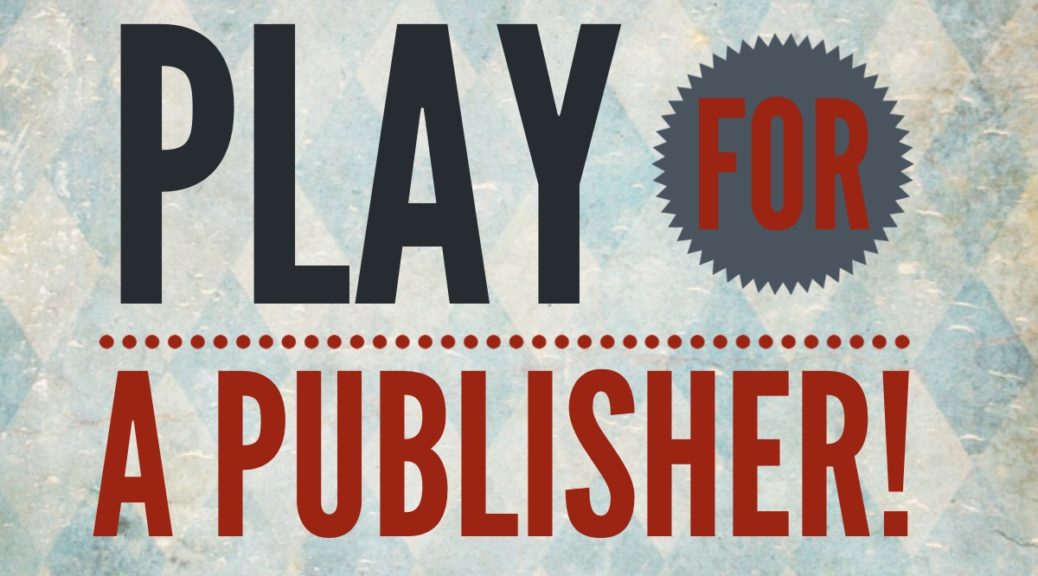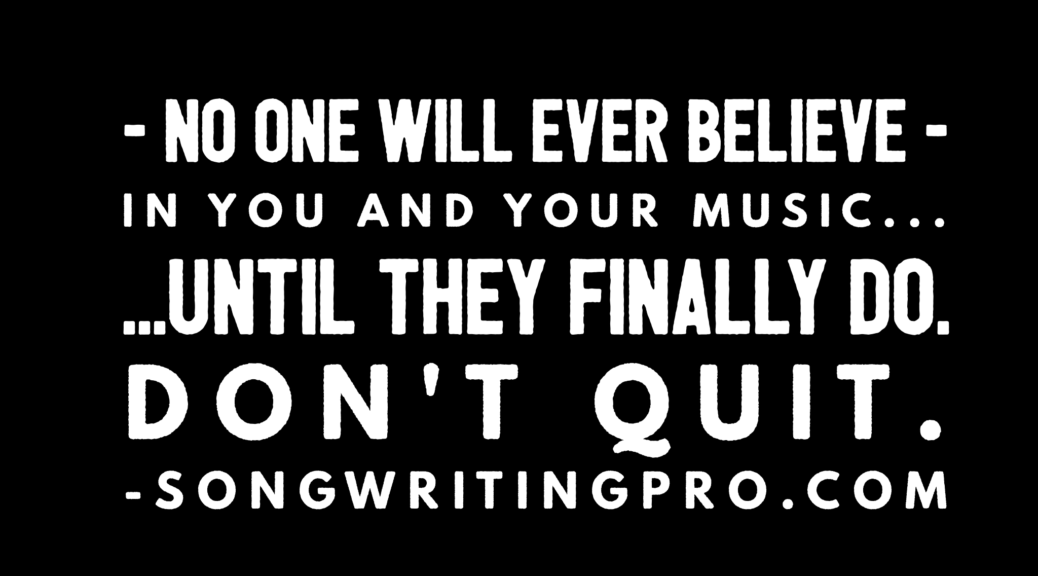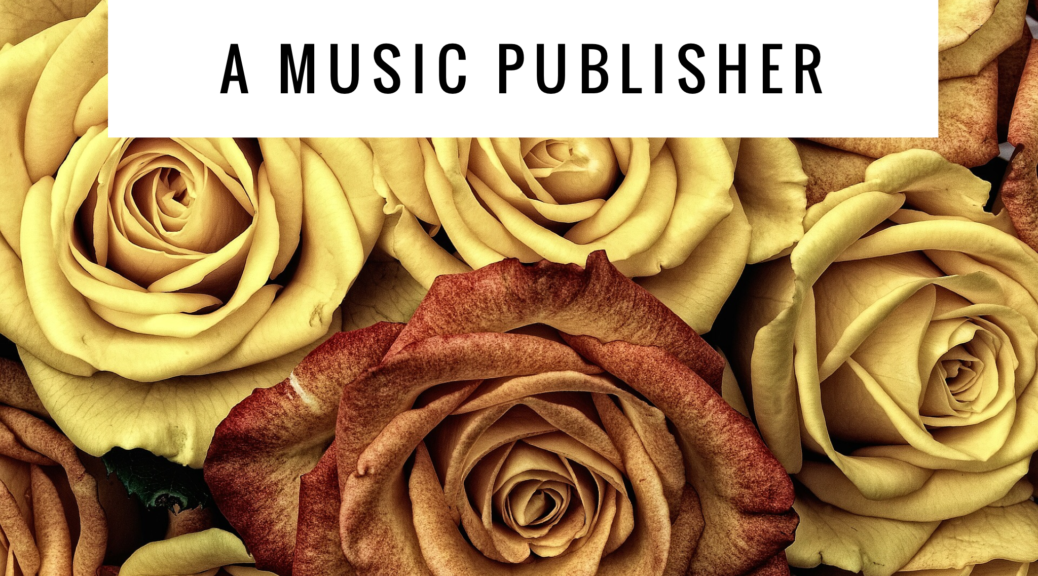
You don’t have to live in Nashville, New York or LA to write a hit song.
You don’t even have to live in a major music city to get that song recorded by a major artist. At least, that’s my story. And I’d like to share it with you- along with a few lessons which might help you on your songwriting journey.
_______________________________

To BE a pro, you need to THINK like a pro, and this FREE ebook will help transform your thinking, your songwriting, and your success. Get it today!
Click Here For The Book
_________________________________
As a songwriter living outside of Nashville, you may think it’s impossible to get a song recorded by a major country star. You’d be wrong.
Just because you may have a family, job, or other responsibilities that keep you from making a move to Nashville or one of the other major music centers, New York or LA, doesn’t mean it’s impossible to get a song recorded. It just means you have to…
…grow where you’re planted.
Now, don’t get me wrong, songwriters in Nashville have a decided advantage over those living elsewhere. They are close to the industry, it’s easier to make those all-important personal contacts in the business, and Nashville is a great place to learn the craft of songwriting. However, just because it’s harder doesn’t mean it’s impossible. At least not in my experience.
In 2000, after graduation from Arkansas State University, I was looking for jobs in Nashville, which, I hoped, would help in my pursuit of a songwriting career. However, the job offer came from a company in Little Rock, Arkansas, so Nashville would have to wait. But I knew I couldn’t afford to be idle in the meantime.
I couldn’t waste time waiting on an eventual move to Nashville.

I dove into the local music and songwriting scene in Little Rock, which by no means qualifies as a major music center. But my main cowriter from back home in Batesville was living there, too, so that was a start. Since I’m a lyricist and not a singer, I helped get my friend, Tim Meitzen, some gigs in town.
Now, what follows is a string of steps that by themselves may seem insignificant. But in the end, each of those forward steps led to my big break.
I was downtown one day and saw a flier for an upcoming songwriter’s night. Well, that was pretty rare in Little Rock, and I immediately signed up my co-writer, Tim. (That was part of my job as the non-singing half of our cowriting team.)
Tim played the writer’s round, and we met a few guys who were starting a publishing company based out of Little Rock. Through the course of that relationship, one of ‘em gave me a cd of songs by Erin Enderlin. Erin was a songwriter from Conway, Arkansas, who was currently in college at Middle Tennessee State University outside of Nashville.
Being active in the local music scene helped create my network.
Months later, I saw that Erin was going to be performing in Little Rock. She was in over her spring break, and I went out to catch her show. She’d been writing songs in Nashville and was having some success making contacts in the music business. I gave her a cd of some songs, and she liked them.

Well, when Erin came back over summer break, we started writing together. Then she went back to school and continued making music business contacts. Then, over Christmas break of 2001, I gave her a lyric I’d had for a few years for a song called, “Monday Morning Church.” She liked it and wrote a great melody for the lyric. She also made some tweaks to the lyric. Then she was back off to Tennessee.
Now, I ended up finally making the move to Nashville myself in March of 2002, but it was Erin’s contacts that made the cut of that song possible. She brought the song back to Nashville, where she had begun working with a publisher. He demoed the song, played it for Keith Stegall, and it was eventually recorded by Alan Jackson in March of 2004.
It all went according to plan. Kind of.
Looking back on it now, it might seem like a straight line to the record store, but that’s only in retrospect. At the time, I was plugging away, just trying to take advantage of every opportunity that I could either find or create. I chased several rabbits along the way, not knowing which one would lead somewhere.
And that’s the point. You don’t know which small step will eventually lead to where you want to go. No, the writer’s night at Starr’s Guitars wasn’t the Bluebird. No, Little Rock wasn’t Nashville. But taking those small steps, growing where I was planted, led to a hit song and the ability to do this for a living. At least for a while.
I wouldn’t presume to know exactly which steps you need to take. And I certainly don’t think I was so talented that Nashville couldn’t help but notice me. No, I know ultimately, it was up to God to open those doors. He had me in Little Rock at that time for a reason.
God has you where you are. And He has you there for a reason.
If I’d been idle, just waiting to get to Nashville, I might never have gotten here. But God had me there for a reason. And God has YOU were you are for a reason. Maybe it’s for music, maybe not. But I do know that where ever you are, it’s important to grow where you’re planted.
I hope my story encourages you to keep chasing your passions.

What about you? Do you live in Nashville, or are you chasing the songwriting dream from out of town? I’d love to hear from you!
Also, if you want to connect to a legit, real-deal music publisher- from anywhere in the world, I have a great opportunity for you.
Songwriting Pro’s next Play For A Publisher event is coming right up! Our guest is Tim Hunze of Parallel Music in Nashville, Tennessee. Tim has worked closely with several #1 hit songwriters, and he’s been getting songs recorded by major artists for years. If YOU have the songs, HE knows what to do with them!
CLICK HERE TO GET ALL THE DETAILS AND SEND IN YOUR SONG!

God Bless and Enjoy the Journey,
Brent
Brent Baxter is a hit songwriter with cuts by Alan Jackson, Randy Travis, Lady Antebellum, Joe Nichols, Gord Bamford, Ruthie Collins, Ray Stevens, and more. He’s written a top 5 hit in the US, a #1 in Canada and a top 10 in Texas… so far.






